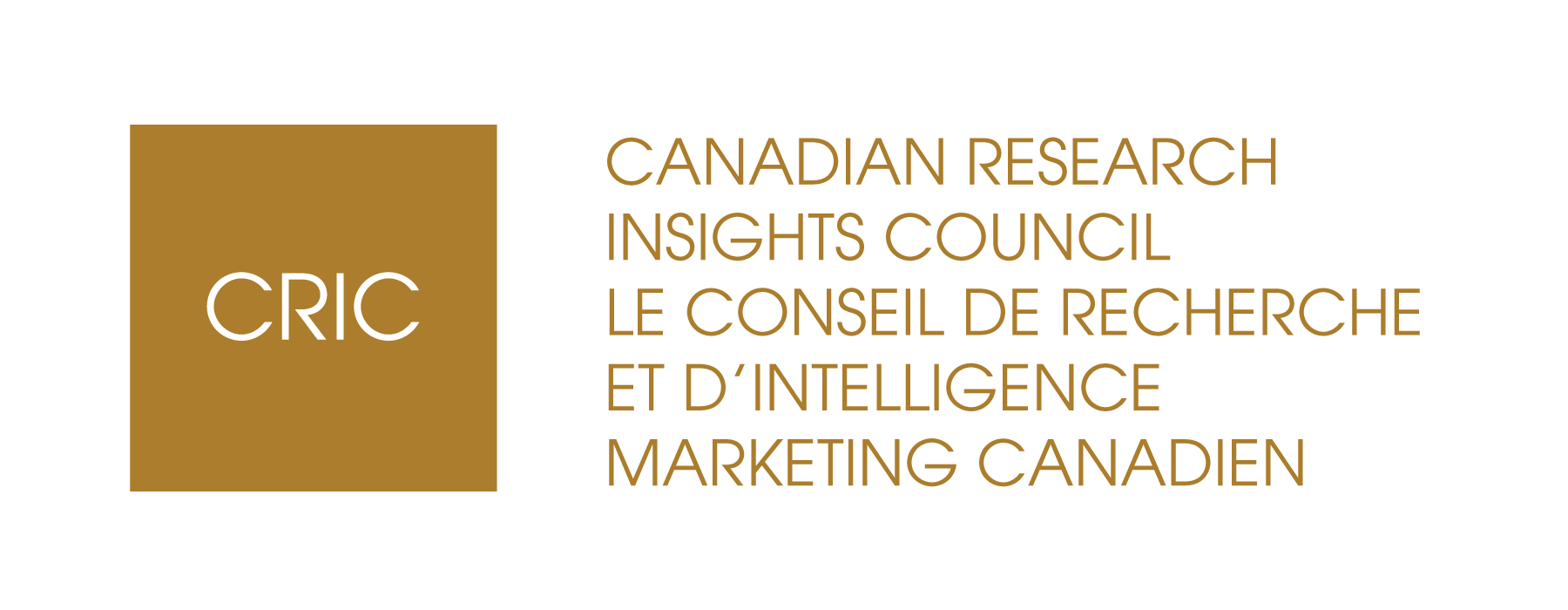CRIC Public Opinion Research Standards and Disclosure Requirements
Publishing research into the public domain carries with it the potential for great consequence, especially when politics, policies and important issues are covered. When done well, research that is shared publicly helps to inform the public of the views of Canadians on key issues and supports conversations in the development of sound policies. When done poorly, it can be misleading, erode public trust, and thus damage the reputation of our profession. The objectives of the CRIC Public Opinion Research Standards and Disclosure Requirements as applied to research released into the public domain are:
- To support sound and ethical practices in the disclosure of research;
- To ensure research is unbiased and supports decision-making in the public, private and not-for-profit sectors;
- To enhance public trust and improve the public’s understanding of the use of research;
- To ensure the appropriate transparency and disclosure of research results and methods of studies.
“When assessing whether to publish the results of a poll, the media need to apply the same degree of journalistic critical practices and skepticism that they would to any other source of information,” said Kathleen Frankovic, a former President of AAPOR and WAPOR and a member of ESOMAR’s professional standards committee, spent 32 years as CBS News Director of Surveys, and is now a major election and polling consultant to multiple organizations, including YouGov. “CRIC’s standards provide an important tool for journalists to ask the right questions about polls and to do a thorough job of vetting facts before they publish them with their byline.”
“The more quality polling we have in Canada, the better,” said David Zussman, adjunct professor in the School of Public Administration, University of Victoria, and senior fellow at the Graduate School of Public and International Affairs, University of Ottawa. “Election polls are part of a feedback loop voters expect at election time to understand the dynamics of the campaign. They play an important role in modern democracies.”
“Reliable election polling is a major contributor to a strong democracy by transparently reporting on the campaign, the issues that are important to voters and the choices presented,” said Nik Nanos, Chair of CRIC Research Standards Committee and Chief Data Scientist and Founder of Nanos Research. “CRIC members take this responsibility to our democracy very seriously which is why we have adopted world-class ESOMAR standards and complemented them with very high Canadian standards and rules related to respondent rights and research transparency.”

While all CRIC members are required to follow these standards, we believe that all research, analytics and insights professionals have the obligation to follow these standards to uphold the credibility of the industry when releasing the results of research into the public domain. We recognize that there are multiple legitimate methods to conduct research. These standards cover the conduct and disclosure of quantitative research, qualitative research, and research based on secondary data sources. These standards are not intended to evaluate the merits of specific methods but to outline the disclosures that are required for each.
To help the media when deciding whether to report on the results of research, CRIC has also published a list of “10 questions journalists should ask before publishing the results of a survey.”
The Canadian Research Insights Council has released a Primer on Election Polling that explores some of the key challenges facing polling around the US election. The primer highlights the success of CRIC research agencies on polling around Canadian federal elections and emphasizes the importance of following CRIC’s high standards and best practices when conducting public opinion research.
View the Elections Survey Primer – What CRIC Members Need to Know
List of CRIC member companies that release market and/or public opinion research
The following CRIC Members companies release market and/or public opinion research into the public domain. Click on a member company to be directed to their website for additional information about the company and its public releases.
